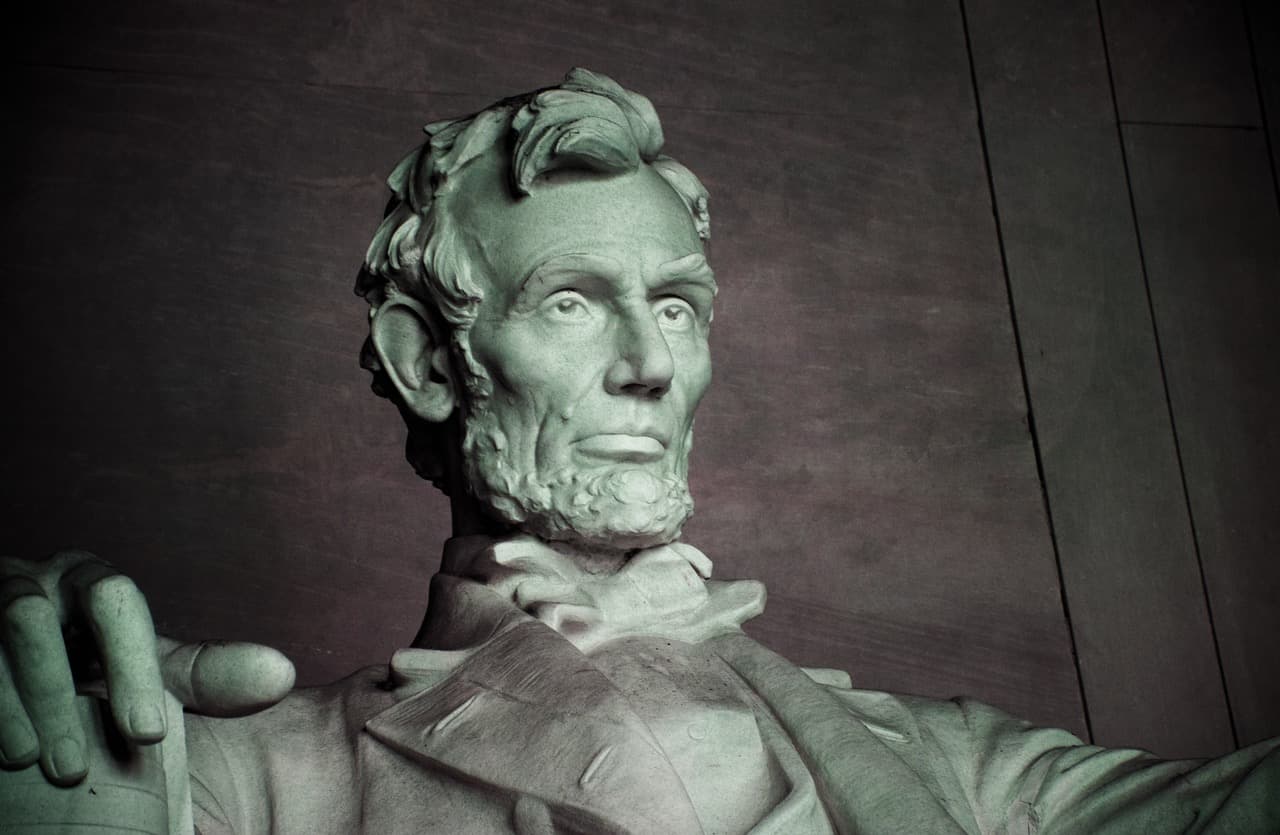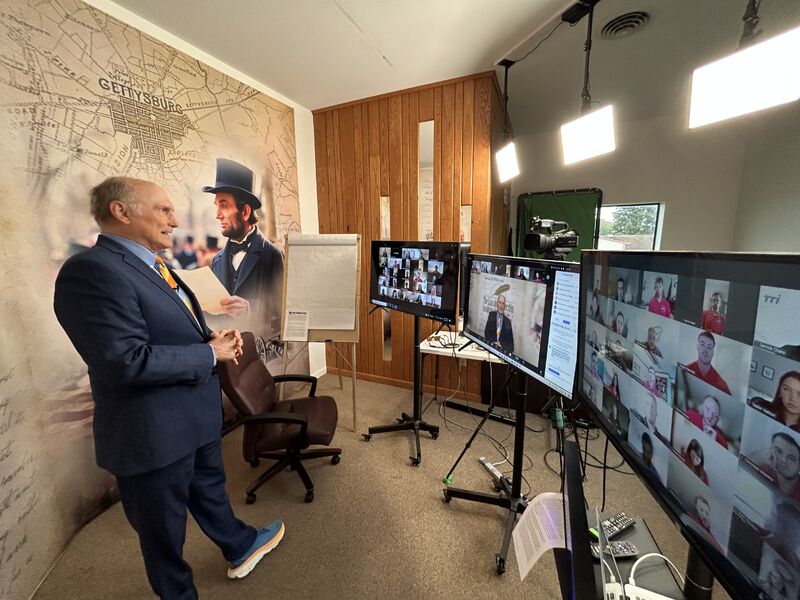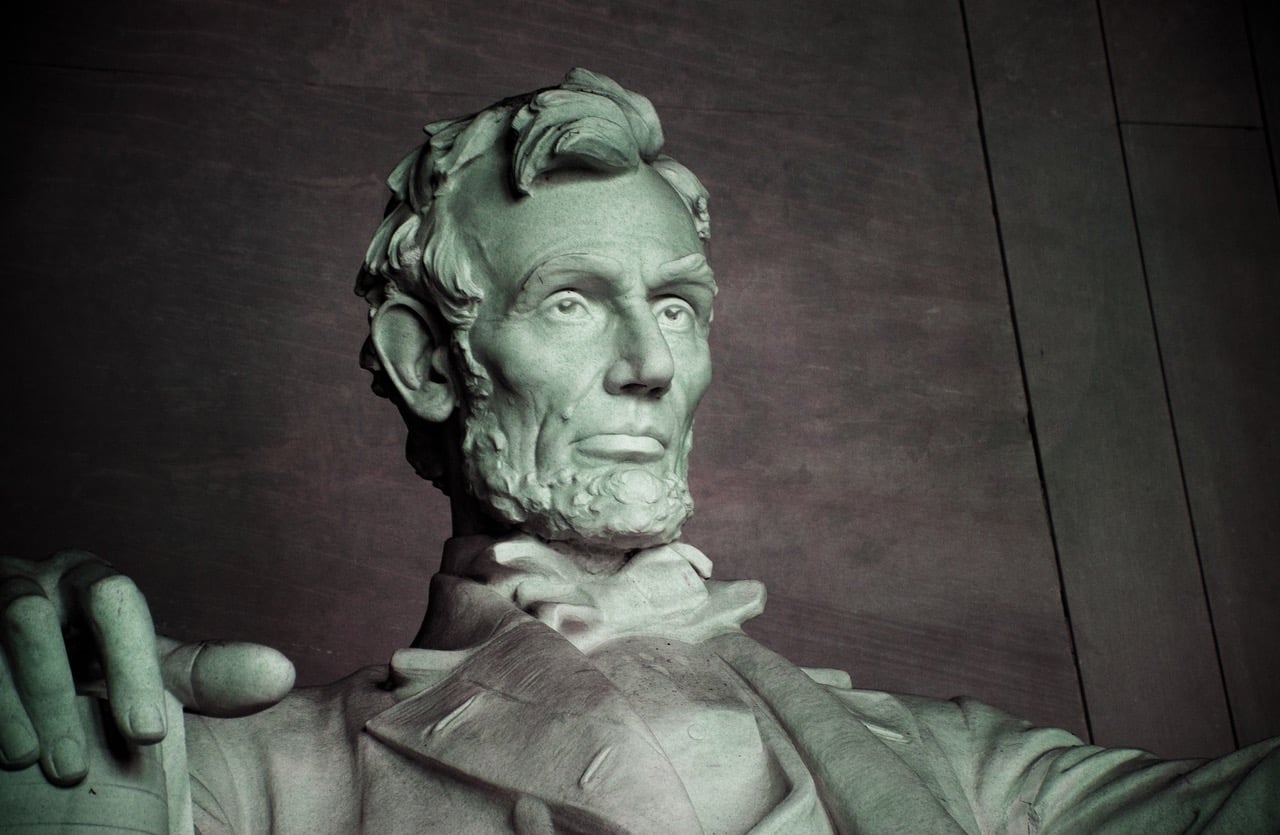
Robert E. Lee's Leadership Lessons
By Jared Peatman
Published on April 9, 2018
Today marks the 153rd anniversary of the surrender of Robert E. Lee's Army of Northern Virginia at Appomattox Court House, effectively beginning the end of the Civil War. It's a good day to think about leadership lessons from Lee, and a good day to read about the general.
Elizabeth Brown Pryor's Reading the Man is one of the most controversial, and illuminating, recent Robert E. Lee biographies. Based on a treasure trove of previously untapped letters to and from Lee, Pryor challenges much of our conventional wisdom on the Confederacy's most famous general. Her chapter covering Lee's views on race and slavery, in particular, turns on its head much of what we think we know about the man.
Three Key Leadership Insights
Additionally, three points regarding Lee's leadership really stand out from Pryor's research:
1. The Power of Role Models
First, Pryor makes clear that Lee's "audacity personified" was the result of his emulation of one of his great war heroes, General Winfield Scott. Lee served on Scott's staff during the war with Mexico in the 1840s and admired that man's willingness to always press the offensive.
The strategy employed by his wife's adopted grandfather, George Washington, of largely avoiding full-scale battles with the British and allowing them to occupy huge swaths of territory did not appeal to Robert E. Lee. Lee chose to model himself after Scott's aggressive approach rather than Washington's defensive strategy.
Leadership Question: Who are your influences, and what alternatives are there?
2. Early Success Shapes Everything
Second, Pryor makes clear that the early victories Lee won with the Army of Northern Virginia during the summer of 1862 set the tone for their whole existence, in ways both good and bad. These initial successes created expectations and patterns that would both inspire and constrain the army throughout the war.
Early wins can be incredibly powerful for building confidence and momentum, but they can also lock organizations into strategies that may not work in different circumstances.
Leadership Question: How might our organization's early successes or failings still affect us today?
3. Staffing Matters More Than You Think
Lastly, Pryor shows that Lee's staff was far too small to be effective and that failing helps explain some of the military setbacks Lee suffered. Despite his reputation as a brilliant tactician, Lee's understaffed headquarters created communication breakdowns and coordination failures that hurt his army's performance.
Even the most talented leaders need adequate support systems to execute their vision effectively.
Leadership Question: Do we have staffing imbalances that are affecting our work?
Modern Applications
These insights from Lee's leadership offer several practical applications for today's leaders:
Choose Your Influences Wisely
- Identify your leadership role models - Who do you consciously or unconsciously emulate?
- Question inherited strategies - Just because something worked for someone you admire doesn't mean it's right for your situation
- Seek diverse perspectives - Consider alternatives to your default approach
Manage the Legacy of Early Success
- Celebrate wins without getting trapped by them - Early success can create rigid thinking
- Regularly reassess your strategies - What worked initially may not work forever
- Stay humble and adaptable - Success can breed overconfidence
Invest in Infrastructure
- Don't understaff critical functions - The best strategy fails without proper execution
- Build communication systems - Ensure information flows effectively throughout your organization
- Support your leadership - Even great leaders need great teams
Learning from History
Robert E. Lee remains one of history's most studied military leaders, and for good reason. His tactical brilliance was undeniable, but Pryor's research reveals that even brilliant leaders have blind spots and make structural mistakes.
The anniversary of Appomattox reminds us that studying leadership means examining not just the victories, but also the decisions and systems that led to ultimate outcomes. Lee's example teaches us that self-awareness, adaptability, and proper organizational support are just as important as strategic vision.
Whether you're leading a team, a department, or an entire organization, these questions remain as relevant today as they were 150 years ago on the battlefields of Virginia.




